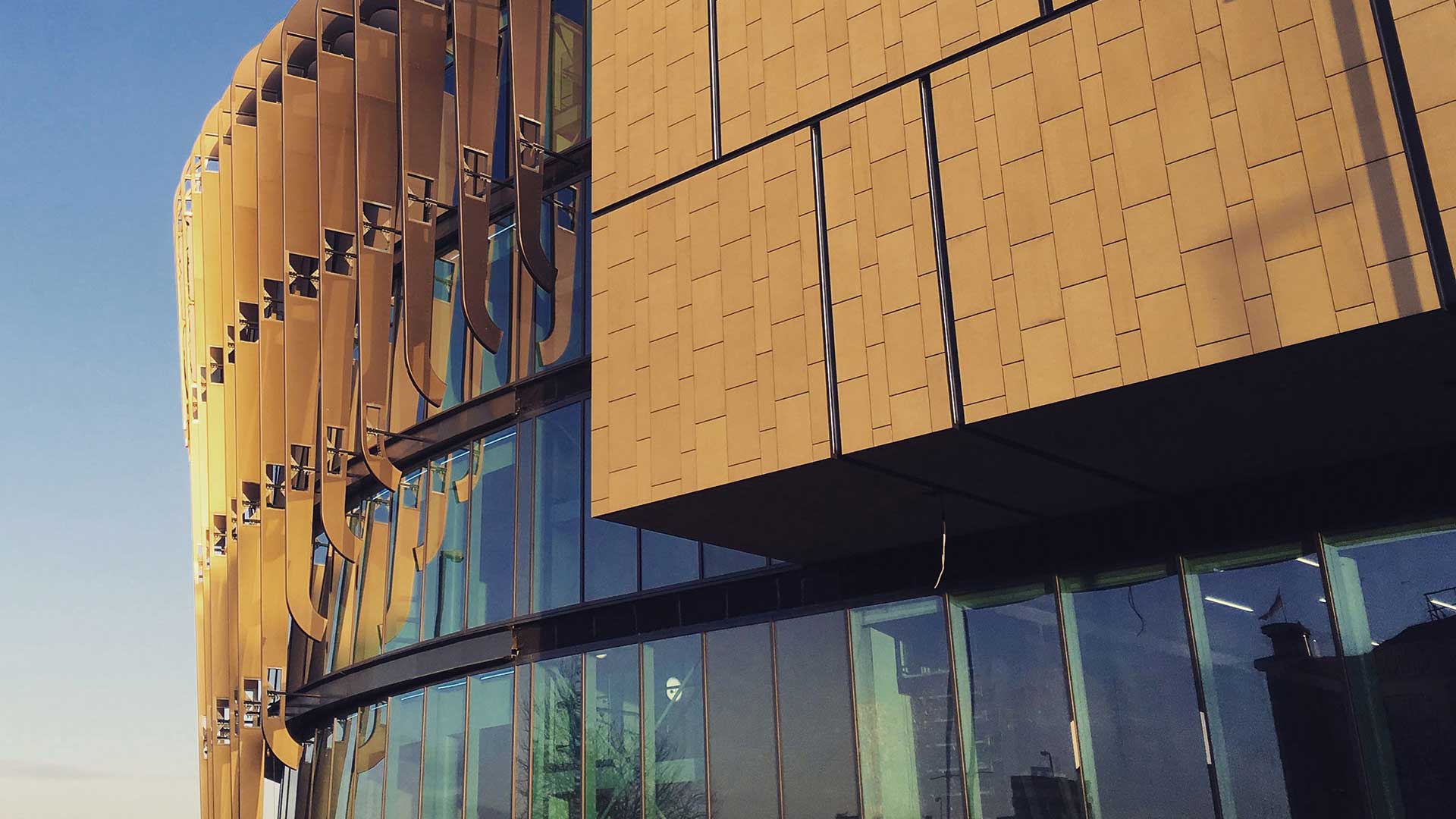
Medieval and Early Modern Culture (MEMC)
Our Medieval and Early Modern historians form a well-established and coherent grouping, with strong and expanding collaborations across the fields of History, Music and English. Much of our work focuses on the medieval as a form of cultural memory, upon which people in the present draw to make sense of themselves and the world around them.
A number of new projects are currently under development in collaboration with partners outside academia. Key examples are Katherine Lewis’s new work, Royal Masculinity in England 1485-1714 which is being developed in partnership with the Royal Armouries (Leeds), and Thomas Schmidt’s involvement (with Aaron Cassidy and other colleagues in Music) in the RepreZent initiative with Kirklees Council. If you’re interested in joining MEMCRG, we warmly welcome you to follow us on Twitter, join our mailing list, and come along to our events.
Group Lead, and Subject Lead for History, Dr Sarah Bastow’s work focusses on religion in England in the sixteenth and seventeenth centuries. She is currently examining male Catholic lay piety, with a focus on exploring interconnections between masculinity, religious devotion, and material culture during the Reformation. She has worked on religious conflict in the sixteenth century, with a particular emphasis on the North of England.
Dr Katherine Lewis’s work explores issues of representation and meaning, especially with reference to gender ideologies and identities and their central function within kingship and the maintenance of patriarchal political and social systems more widely. Much of her work focuses upon narrative sources, especially forms of historical narrative, both medieval (chronicles and hagiography in particular) and modern (films, TV, video games). She is currently researching the English Queen, Katherine of Valois, focussing on both her life and her cultural afterlife and memorialisation. Her book chapter, ‘Margery Kempe, Oral History and the Value of Intersubjectivity’ is due for publication in a book edited by Laura Vernam and Laura Kalas Williams, Encountering the Book of Margery Kempe, by Manchester University Press in 2021.
Dr Mary Chadwick specialises in seventeenth- and eighteenth-century literary history, focusing on identity and autobiography, especially in manuscript sources. She is a Research Fellow on the Leverhulme-funded project Autobiographical Acts in Seventeenth-Century England, Wales, Scotland and New England, using civil court documents to explore ordinary people's representations of themselves and their communities. She is writing a book about the creation and circulation of scribal poetry during the long eighteenth century. Mary draws out the significance of neglected sources to our understanding of reading and writing practices, and expressions of national, gendered and class identities
Professor Tim Thornton (who is also the University’s Deputy Vice Chancellor) specialises in the late medieval and early modern political and social history of the British Isles, with a particular focus on the non-English territories of the crown. He is currently coediting a new two volume study of the history of the Isle of Man.
MEMCRG provides a forum for interdisciplinary collaboration between historians, musicologists and literary scholars. Professor Thomas Schmidt (who is also the Dean of the School of Music, Humanities and Media) is an expert in music and material culture of the late medieval and early modern period. He is closely involved in an initiative with Kirklees Council to ensure that the Year of Music, 2023, reflects the cultural and artistic diversity of the Kirklees district
Dr Lisa Colton (who is also Director of Graduate Education for the School of Music, Humanities and Media) is a specialist in medieval music in England and its representations in modern media. She is currently working on projects relating to insular liturgies and female-voice song.
Professor Laurie Stras, specialises in women’s music-making in early modern Italy, and in the incorporation of ideas of gender, disability and empowerment into women’s twenty-first-century song-writing.
Professor Jessica Malay (who is also Research Lead for the English and Creative Writing Subject Area) is a leading scholar of early modern women’s writing. Her work straddles the disciplinary lines of literature, history and cultural studies, and she is currently working on a three-year Leverhulme Trust funded project: Autobiographical Acts in Seventeenth-Century England, Wales, Scotland and New England, using civil court records to explore the discourses of the autobiographical in seventeenth-century society.
Senior Lecturer in Renaissance Drama, Dr Todd Borlik, specialises in Shakespeare and the pre-history of environmentalism, magic and science, repertory and performance studies, and Global Shakespeare. He is currently one of three principal investigators of Earth, Sea, Sky: An Environmental Humanities Research Network project, funded by The Oxford Research Centre for the Humanities (TORCH) International Partnership Scheme.
Members
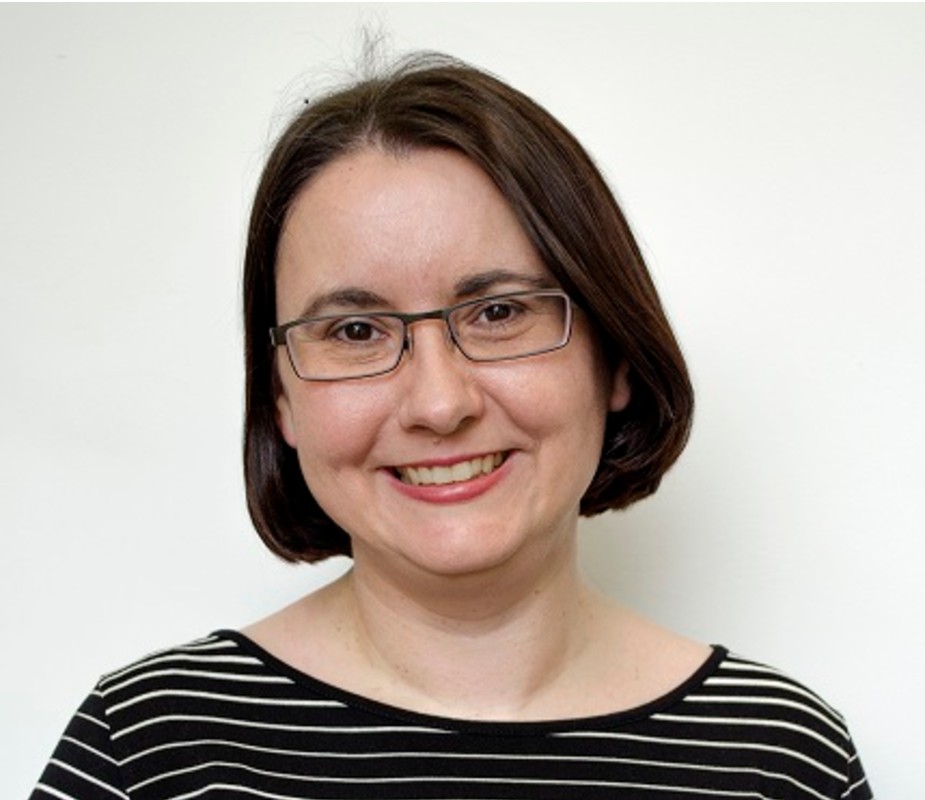
Dr Sarah Bastow
Subject Leader
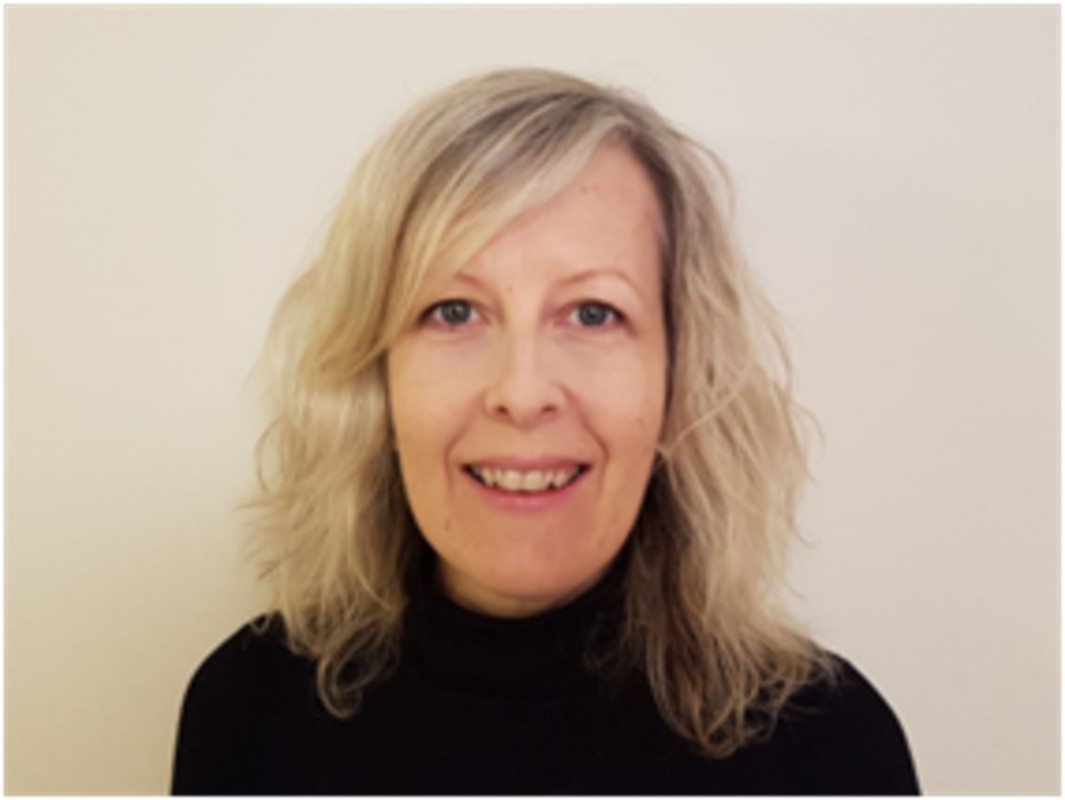
Dr Katherine Lewis
Senior Lecturer
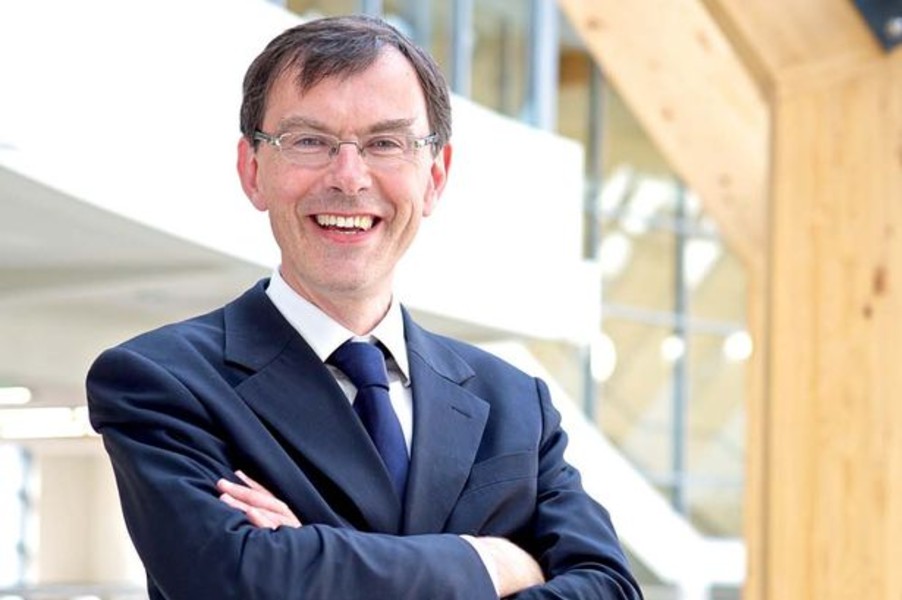
Professor Tim Thornton
Deputy Vice-Chancellor
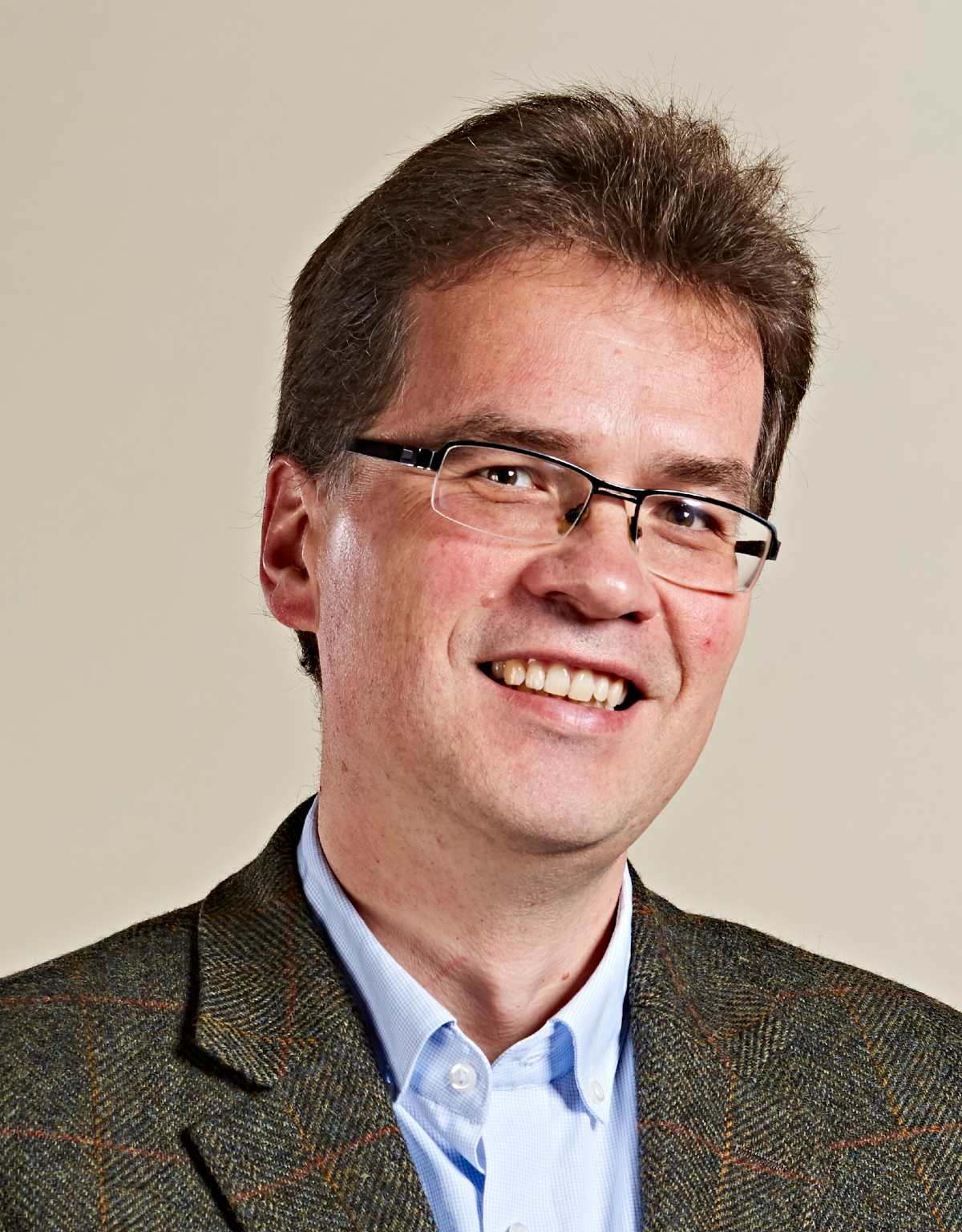
Professor Thomas Schmidt
Dean
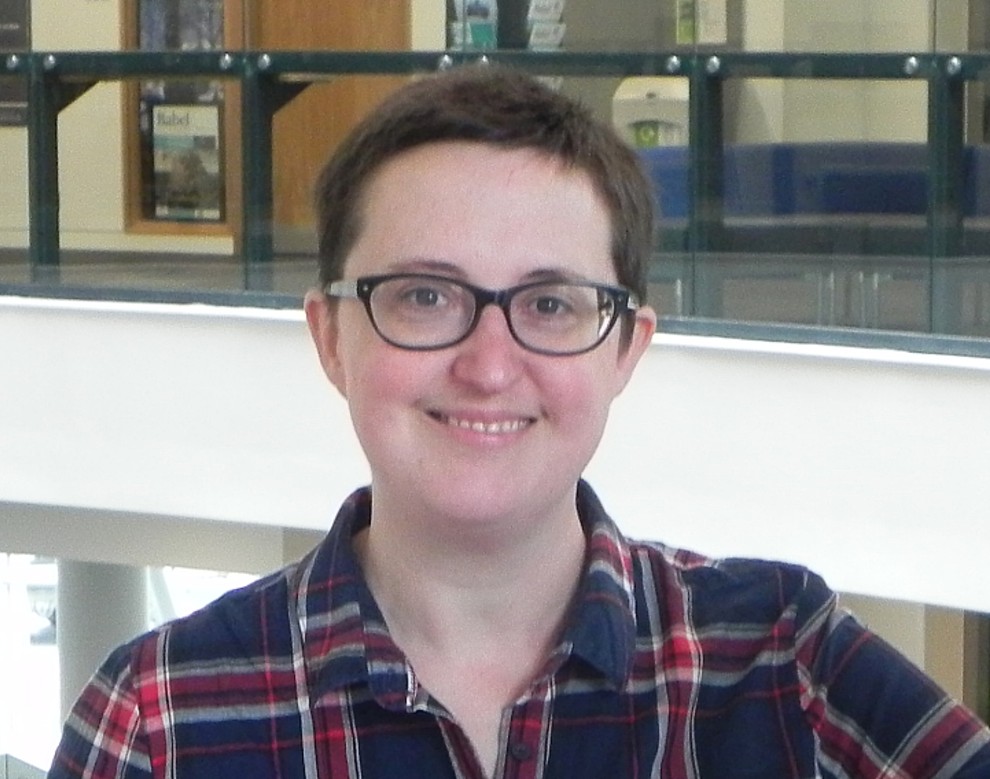
Dr Lisa Colton
Reader
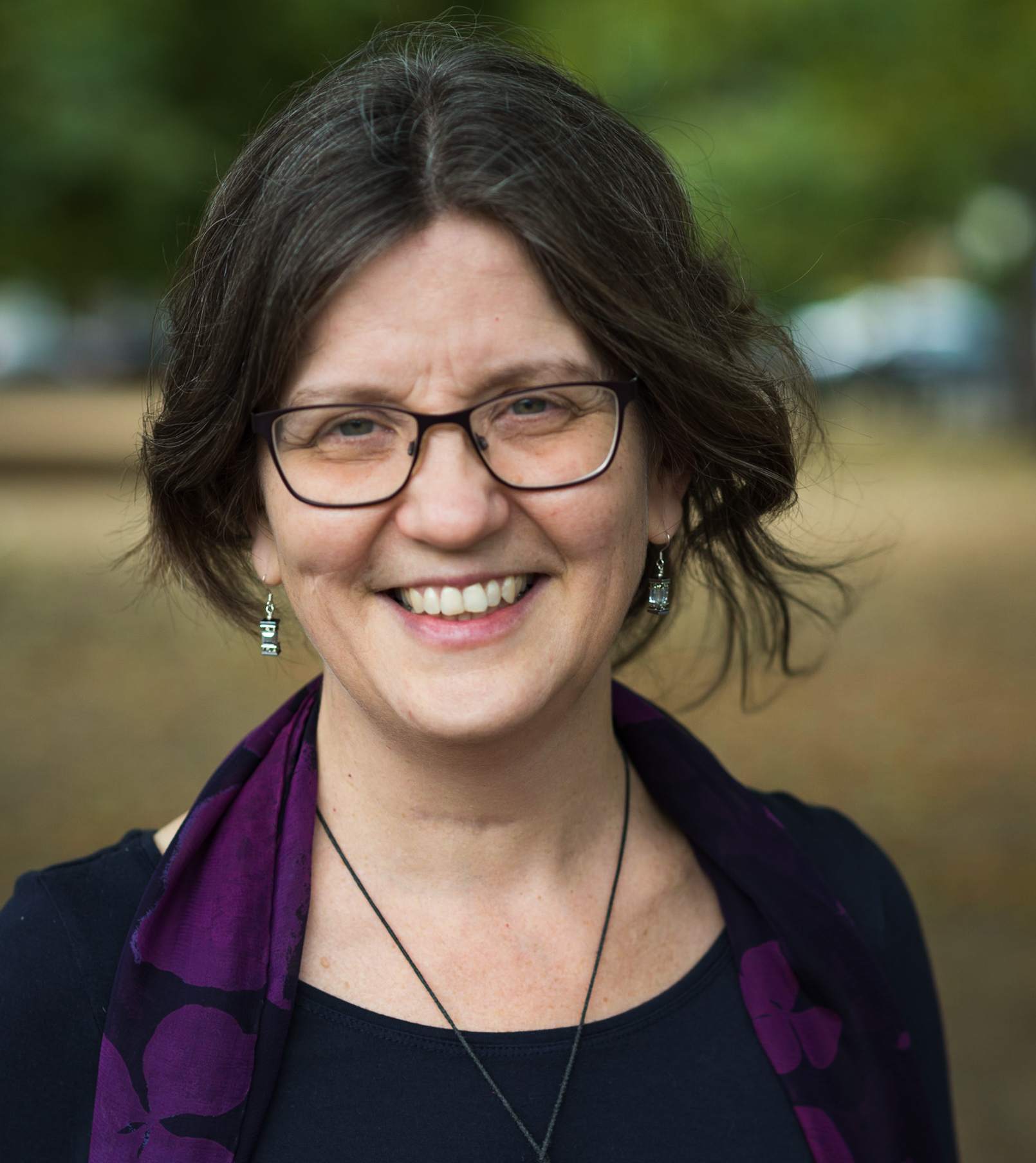
Professor Laurie Stras
Professor of Music
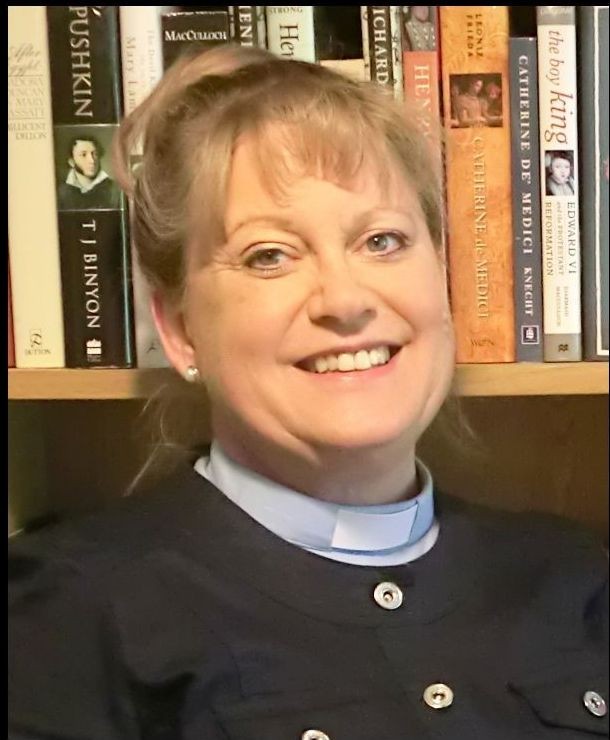
Professor Jessica Malay
Professor
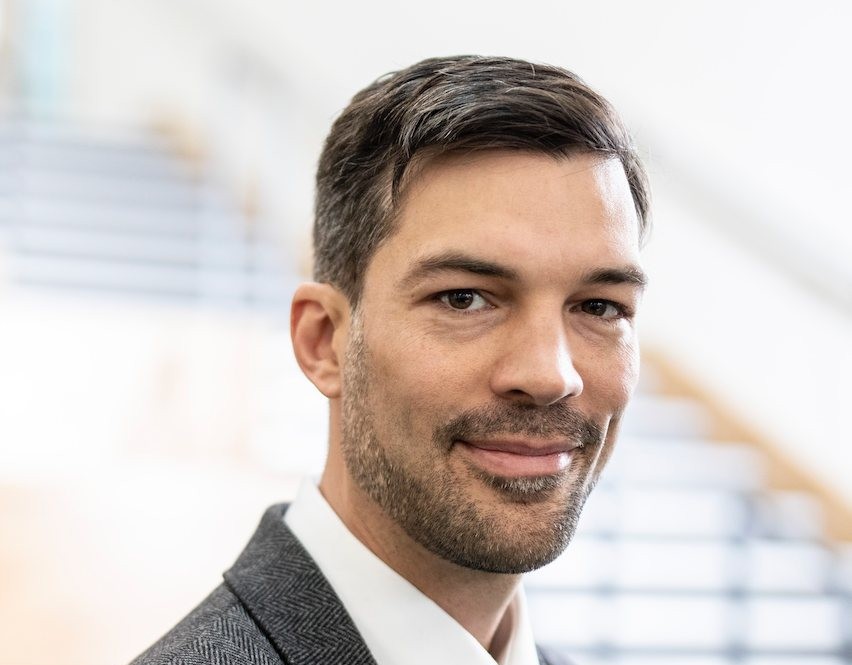
Dr Todd Borlik
Senior Lecturer